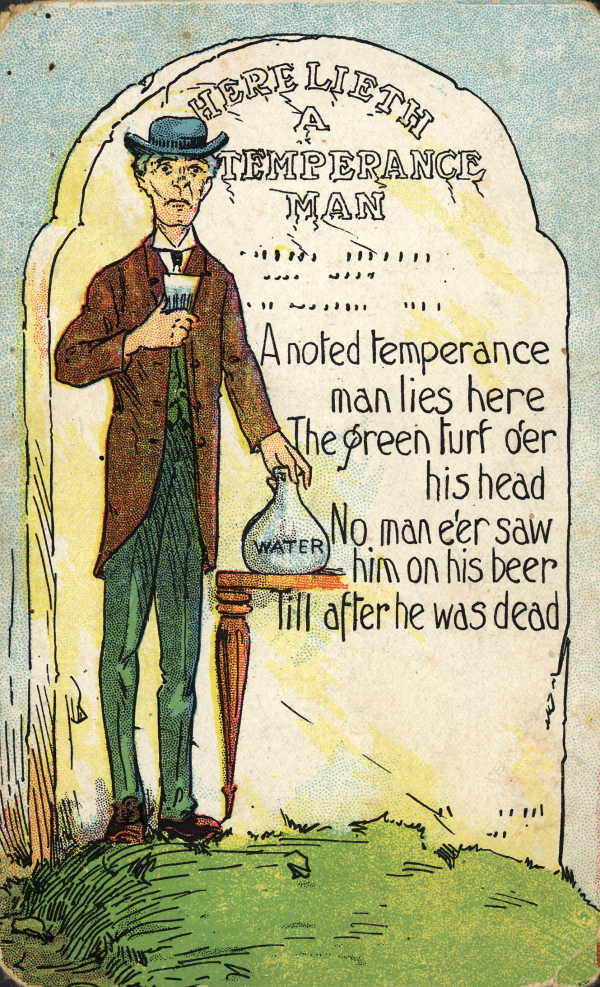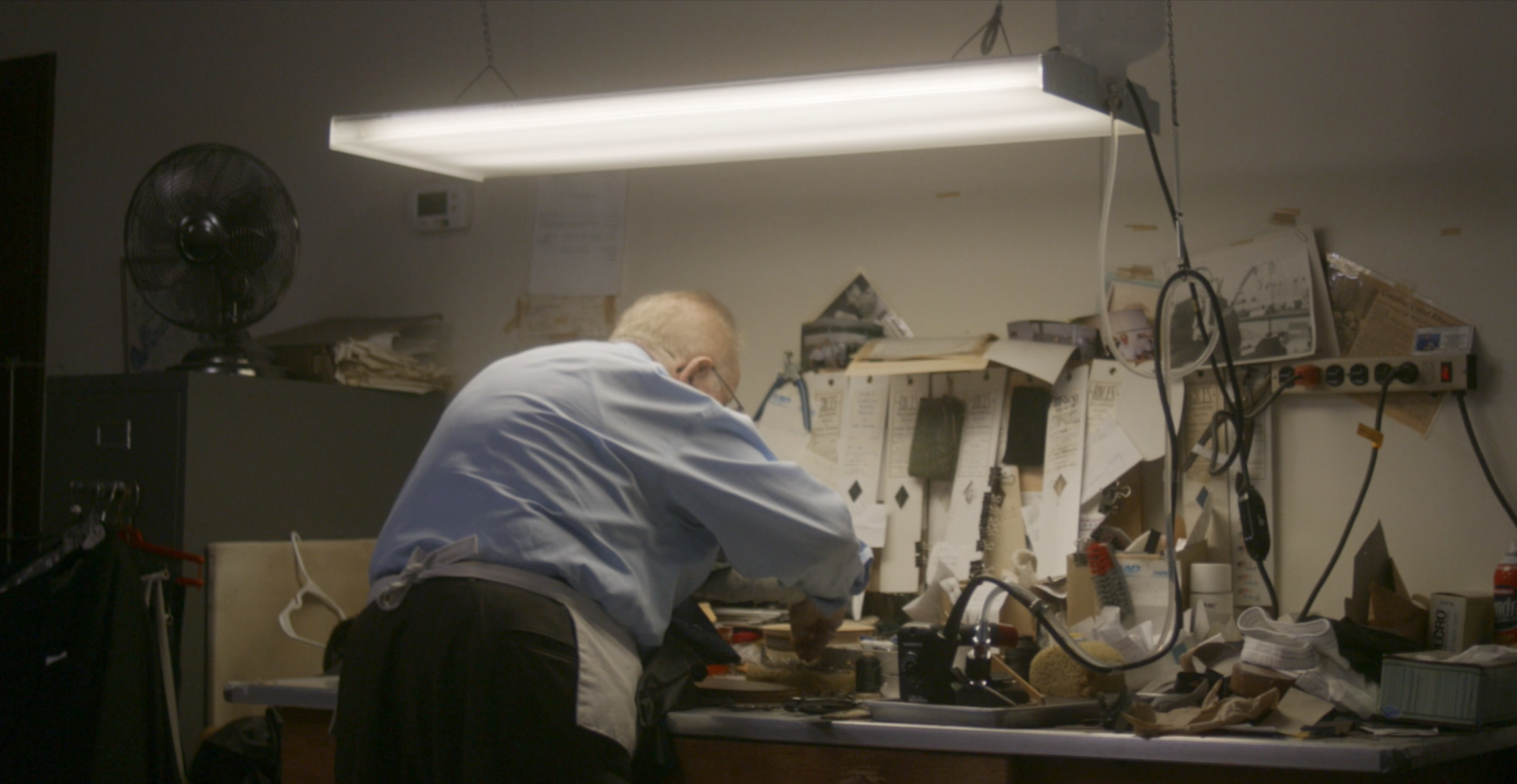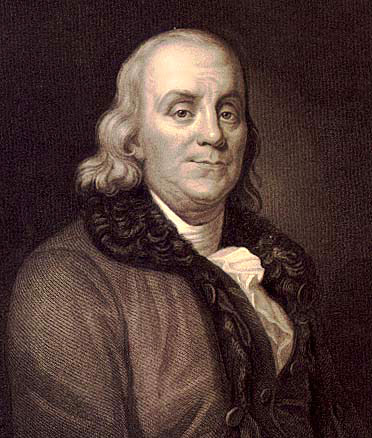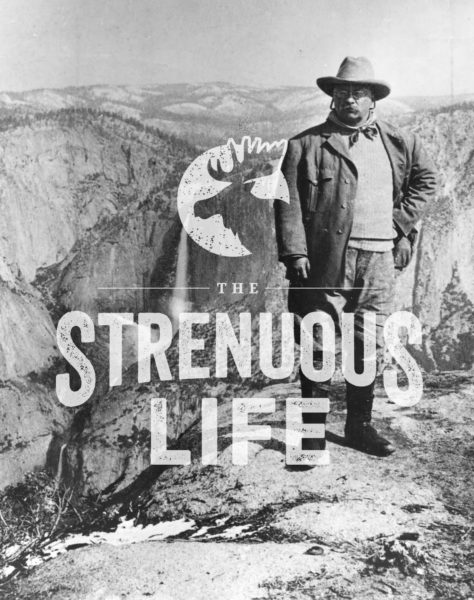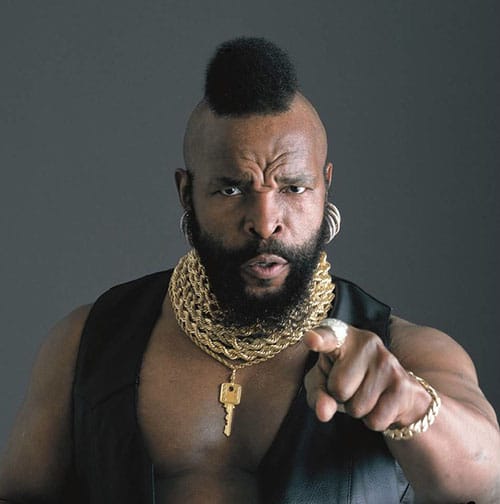
Like almost every boy who grew up in the 80s, I thought Mr. T was the man. What wasn’t there to like about him? He was big, strong, and had a cool mohawk. On top of that, he starred in one of the greatest shows to come out of the 80s (The A-Team), fought Rocky, and was Hulk Hogan’s tag team partner back when the WWE was the WWF.
I’m a grown man now, but I recently discovered a new reason to want to be like Mr. T. Well, a “T-shaped” man at least. Gold chains optional.
What Is a T-Shaped Man?
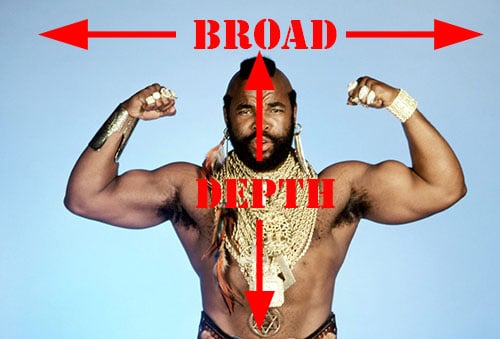
A T-shaped man has depth of knowledge in one specific area (represented by the vertical stroke of the T), and a broad knowledge across multiple disciplines (represented by the horizontal stroke of the T).
As a man, you’ve probably desired a V-shaped physical body. Well there’s an ideal shape for your mental “physique” too. The T-shape.
A T-shaped man has two characteristics. First, he has a depth of knowledge and a focused expertise in one skill or discipline. This characteristic is represented by the vertical stroke of the T. Second, he has an interest in and a willingness to use a broad range of skills and disciplines outside his area of expertise. This characteristic is represented by the horizontal stroke of the T. A T-shaped man is, in short, a jack-of-all-trades, but a master of one. (See what I did there?)
The idea of the T-shaped person was first described by David Guest in a 1991 editorial about the future of computer jobs. But it was made famous by Tim Brown, CEO of the world-renowned design firm IDEO. When Tim Brown hires for his much-coveted positons, he specifically looks for T-shaped people — folks with depth of knowledge in one area like engineering, software development, and even history, but who also have demonstrated the ability to grasp other subjects and work easily across multiple disciplines.
Many of history’s most eminent men were, not coincidentally, T-shaped men. Think of Leonardo da Vinci. This quintessential Renaissance man was a master artist, but he didn’t confine himself to just art. He also studied and dabbled in anatomy, mechanics, architecture, and botany. Instead of diluting his artistic ability, his broad interests actually made him a better artist. His intense study of human anatomy allowed him to paint and sculpt some of the most life-like depictions of the human form that had ever been created up until that point in history. His interest in mechanics led him to sketch out concepts that were hundreds of years ahead of their time like tanks, helicopters, and airplanes.
For a modern example, take a look at a guy like Steve Jobs. What really stuck out to me as I read his biography last year was that despite founding one of the world’s most influential computer companies, Jobs himself didn’t have much expertise in computers or programming. Sure, he had enough technical knowledge to modify designs, but his real expertise was business. But Jobs made a conscious effort to create that horizontal stroke of broad-based knowledge by exploring different disciplines and bringing them together to solve problems. “Technology alone is not enough,” Jobs said. “It’s technology married with the liberal arts, married with the humanities, that yields us the results that make our hearts sing.”
The Benefits of Being a T-shaped Man
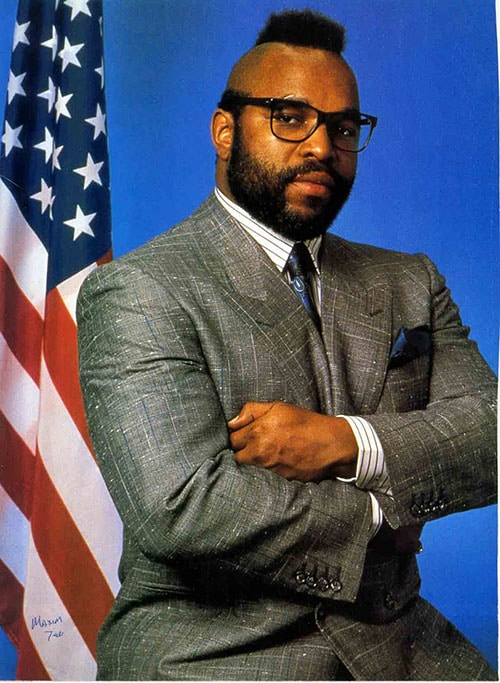
Yeah, I clean up well, don’t I? I’m more than just a tough guy, fool. Here’s why you should become a Mr. T, like me.
You’ll be ready for the jobs of the future. Our economy is shifting at a rapid rate. Jobs that were once done by humans are being outsourced to machines and computers. And I’m not just talking manufacturing jobs. Lawyers and even doctors are seeing some of their work being shifted over to computers or outsourced to other countries. If you want to thrive in the economy of the future, you’ll need to develop a skill set that will endure in changing times. According to the Institute for the Future, one of those future-proof skills is the ability to work across multiple disciplines, or in other words, being a Mr. T. Making sense of complex problems by looking at them from different disciplinary/cultural perspectives isn’t something that a computer will be able to do anytime soon, so if you want to future-proof your job, start strengthening your T-shape.
You’ll gain new insights about your area of expertise. Many great thinkers have reported reaching a key insight into their area of expertise while engaging in an activity outside of their focused interests. Einstein is said to have uncovered some his most groundbreaking insights while playing the violin. In 1870, a French doctor named Stephane Tarnier saw incubators for chicken hatchlings while visiting the Paris Zoo and was struck with some inspiration; why not use the same kind of thing on human babies to reduce the infant mortality rate of premature newborns? So he hired the zoo’s poultry-raiser to build incubator boxes large enough for human babies. His hunch was right, and we still see his basic idea at work in today’s NICUs.
Life becomes more interesting. Focusing all your time and energy on just one discipline or skill is like playing a single note over and over again on a piano. To make the music of life sound rich and beautiful, you need to bring in some variety. As we discussed in our article on lifelong learning, broadening your knowledge and skills lets you get more out of life by allowing you to interact with a wide variety of other people, boosting your leadership abilities, and deepening your experiences.
How Being a Mr. T Helped Me Create and Grow the Art of Manliness
Becoming a T-shaped man has been an essential part of the success of the Art of Manliness. When I began the site back in 2008, the skill that I had the most expertise in was writing. I can thank my intense law school writing classes for that. Because AoM was going to be comprised primarily of written content, this expertise was to my advantage. But I quickly discovered that in order to run a successful blog I would need to get acquainted with a variety of skills I knew nothing about. In short, I needed to cross my T.
For example, when I first started the site, I didn’t have the money to hire a professional web designer or programer to create the look I had in mind for AoM. I had to do it myself. Consequently I had to learn rudimentary HTML, CSS, and PHP. After reading up on it and through lots of trial and error I was able to cobble together a decent-looking website. While I never became an expert at web design or programming, I have a basic enough knowledge that I can talk to the professionals that I now hire to work on the site with some degree of adeptness. Instead of being a passive participant in the conversation, I can actively engage with them and collaborate to create features and products that improve the experience at AoM.
The horizontal stroke on my T continues today. While I’m now in the fortunate position of being able to hire experts to work on specific aspects of the site that are outside of my core skill of writing, I still make an effort to dabble in those areas myself so I can better collaborate and work with these folks. Take my goal to create a new AoM video once a week. While I’ve hired filmmaker Jordan Crowder to take care of planning and editing these videos, in order to collaborate effectively on them, I’ve had to learn some basic filmmaking and photography skills. Boy, has it ever been a humbling experience. But I hope by broadening my knowledge and skill set, I can better serve the readers of the Art of Manliness.
How to Become a Mr. T
Gain mastery in one skill. Don’t be a “hyphen.” These are folks who flit around from one skill or discipline to the next without ever gaining competency or mastery in a specific domain. They only work on creating the horizontal stroke of the T. These folks typically don’t accomplish much in life, and Tim Brown describes them as people with empty experiences. If you want to make a dent in the world, you have to become an expert with deep knowledge in a specific area. If you’ve spent most of your adult life jumping from one interest to the next without fully immersing yourself in it, make the commitment today to focus your time and energy into creating the vertical stroke of your T by beginning your path to mastery.
Remain curious. While you’re focusing most of your time and energy in one skill or discipline, don’t lose your curiosity about related and unrelated disciplines. Make it a habit to go out of your way to talk and work with people outside of your particular department or industry. For example, if you work in product development at a company, go have lunch with somebody in customer support. You might be surprised by the insights you’ll gain from talking to them. When you meet people outside your area of expertise, ask lots of questions.
Read broadly. One of the best ways to create the horizontal stroke of your T is to read as broadly as you can. Read books and magazines from areas outside of your expertise or even your interests. If you’re a computer engineer, spend some time reading about art; if you’re a lawyer, read up on the latest developments in science and medicine. You get the idea.
Actively dabble. As we discussed in our post about becoming a life-long learner, to truly learn, you need to take action. Make it a goal to set aside a certain amount of time each week to dabble in skills outside of your area of expertise. If your expertise is in the ethereal world of the mind, spend some time this weekend working with your hands on an easy DIY project. If you spend all day working with your hands, spend an hour or two writing each week.
Increase empathy. According to Tim Brown, empathy is an important characteristic to foster if you want to become a T-shaped person. “It’s important because it allows people to imagine the problem from another perspective — to stand in somebody else’s shoes. Second, they tend to get very enthusiastic about other people’s disciplines, to the point that they may actually start to practice them,” says Brown. Viewing a problem from the perspective of another discipline allows you to better see how to apply your own expertise to come up with a solution. It makes collaboration across disciplines much more fruitful. One of the more interesting ways to increase your empathy, or “fellow feeling,” is to read more fiction. Studies have shown that people who read more fiction have a more developed “Theory of Mind” which is the backbone of empathy.
Are you a Mr. T? What’s your area of expertise and how do you broaden it with other interests? Share with us in the comments!


